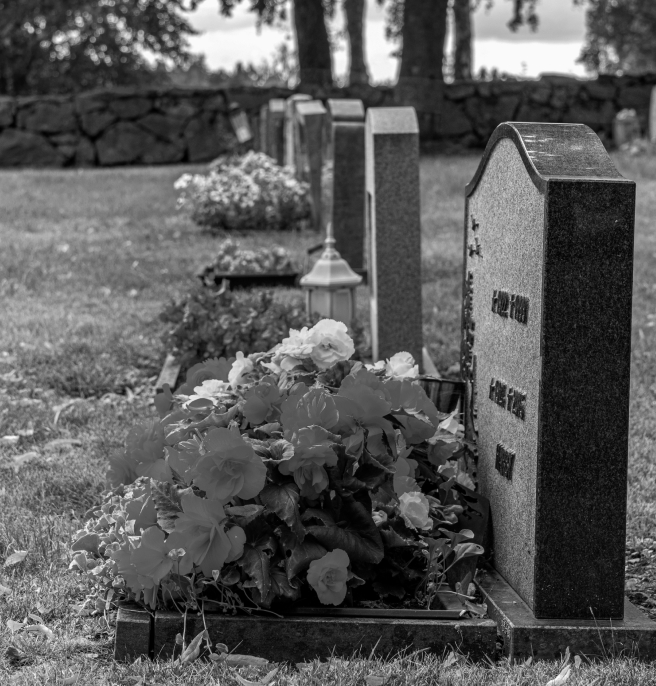
FAQs
When you have lost a family member and are suing the party who caused the death.
Wrongful death refers to a legal claim that arises when an individual’s death is caused by the negligent, reckless, or intentional actions of another party. In a wrongful death lawsuit, the surviving family members or beneficiaries of the deceased individual seek to hold the responsible party accountable for their actions and seek compensation for the damages and losses resulting from the death. Wrongful death claims are civil actions, distinct from criminal cases, and they aim to provide financial relief to the survivors and dependents of the deceased. Here are key points to understand about wrongful death:
- Causes of Wrongful Death: Wrongful death can result from various circumstances and incidents, including:
- Medical malpractice: When medical professionals, hospitals, or healthcare facilities provide substandard care that leads to a patient’s death.
- Motor vehicle accidents: Fatalities resulting from car accidents, truck accidents, motorcycle accidents, or other forms of transportation-related incidents caused by another party’s negligence.
- Workplace accidents: Fatal injuries sustained at the workplace due to unsafe conditions, inadequate training, or employer negligence.
- Defective products: Deaths caused by the use of defective or dangerous products, including pharmaceuticals, consumer goods, or industrial equipment.
- Premises liability: Fatal injuries occurring on someone else’s property due to dangerous conditions or negligence by the property owner or occupier.
- Survivors and Beneficiaries: Wrongful death laws vary by jurisdiction, but typically, immediate family members such as spouses, children, and parents are eligible to file wrongful death claims. In some cases, other dependents or financial beneficiaries may also have standing to file a lawsuit.
- Elements of a Wrongful Death Claim: To establish a wrongful death claim, several key elements must generally be present:
- Death of an individual: There must be a death resulting from the incident or actions of the defendant.
- Negligence or wrongdoing: The plaintiff must demonstrate that the defendant’s negligent or wrongful actions were the proximate cause of the death.
- Damages: Survivors must show that they have suffered financial or emotional damages as a result of the death, such as medical expenses, funeral costs, lost income, loss of companionship, and pain and suffering.
- Compensation: If a wrongful death claim is successful, the surviving family members or beneficiaries may be awarded compensation through a settlement or court judgment. Compensation can include economic damages, such as medical bills and funeral expenses, as well as non-economic damages, including compensation for the emotional pain and suffering endured by the survivors.
- Statute of Limitations: Wrongful death claims are subject to statutes of limitations, which vary by jurisdiction. These are legal time limits within which a lawsuit must be filed. Failing to meet the statute of limitations can result in the loss of the right to bring a wrongful death claim.
- Criminal vs. Civil Cases: Wrongful death claims are civil actions brought by the survivors or beneficiaries seeking financial compensation. They are distinct from criminal cases, which involve the prosecution of the responsible party by the government for any criminal actions that contributed to the death.
Wrongful death claims aim to provide financial support and justice to the survivors of the deceased individual, acknowledging the emotional and financial hardships they may face as a result of the loss. Consulting with an experienced wrongful death attorney is essential for those who believe they may have a valid claim, as these cases can be legally complex and emotionally challenging.
If your spouse or family member has suffered a wrongful death, you have the right to sue the liable party. Wrongful death occurs from a preventable incident, caused by an individual’s careless behavior or neglect. Not only are these cases incredibly sensitive, they are very important to our team. We are passionate about providing the care and support you need and deserve during your legal battle.
Not only do you need great legal expertise to navigate the legal landscape surrounding your wrongful death case, you also need compassion — and we are here to provide just that.